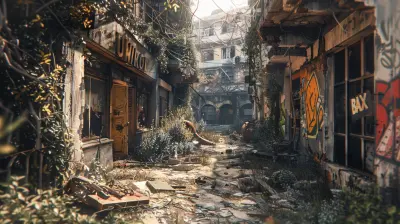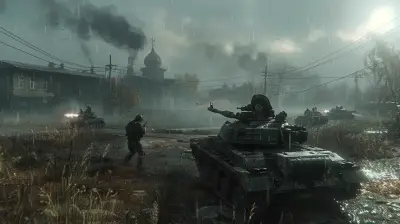Casting for Success: Choosing the Right Voice Actor for Characters
25 July 2025
Creating a memorable character is like painting a masterpiece. You’ve got the visuals, the backstory, the personality—and then there’s the voice. Oh, the voice. It’s the brushstroke that breathes life into your characters, making them leap off the page or screen straight into the hearts of your audience. But let’s face it, picking the right voice actor isn’t as simple as tossing a dart at a board. It’s both a science and an art—a delicate dance between personality, range, and storytelling prowess. So, how do you nail it? How do you find the voice that embodies your character’s soul? Well, grab a cup of coffee (or tea, no judgment), and let’s dive into the nitty-gritty of casting for success.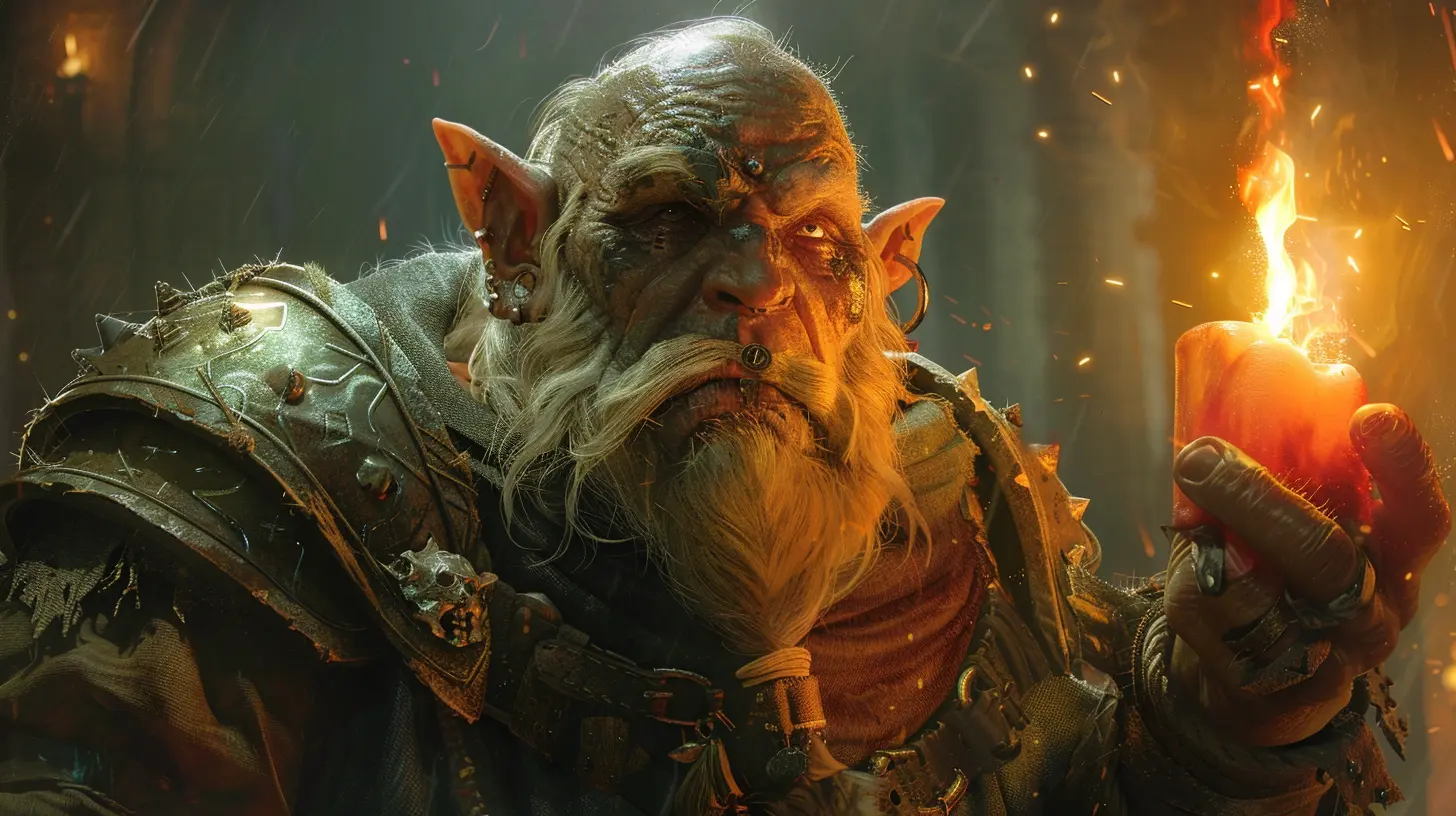
Why Voice Acting Matters More Than You Think
Have you ever watched a show or played a game where something just felt off? Maybe it was a warrior with a voice that sounded too soft or a quirky sidekick who came off as grating instead of funny. That, my friend, is the power—or the peril—of voice acting.Voice acting is way more than just reading lines. It’s about conveying emotion, depth, and authenticity through nothing but sound. A brilliant voice actor can make you cry, laugh, or even fear for your life (looking at you, creepy villain characters). They turn mere words into an experience, making the audience feel deeply connected to the story.
But here’s the kicker: the wrong voice can destroy that connection. It’s like trying to fit a square peg into a round hole. No matter how polished your script or stunning your visuals are, a mismatched voice can rip your audience out of the moment faster than you can say, “Oops.”
The Anatomy of a Perfect Match
So, what makes a voice actor the right choice for your character? Well, it’s not as simple as “this person sounds nice.” There’s a lot more to it. Think of it like online dating—but instead of swiping for love, you’re swiping for the perfect voice. Here are the key traits to look for:1. The Voice Must Fit the Character
Sounds obvious, right? But you’d be surprised how often this gets overlooked. When casting, ask yourself:- What’s this character’s personality? Are they bold and brash or quiet and introspective?
- What’s their age? A seasoned warrior will have a much different voice than a teenage hacker.
- What’s their backstory? Someone who's been through trauma might have a raw, shaky quality to their voice, while a confident hero may speak with clarity and poise.
Think of the voice as an extension of the character’s identity. It needs to amplify who they are, not contradict them.
2. Consistency is King
A voice actor needs to maintain the same tone, pitch, and energy throughout the entire project. Imagine your protagonist suddenly sounding different halfway through the story. It’s jarring, right? The best voice actors have the ability to deliver every line with the same level of authenticity, whether it’s a casual conversation or a gut-wrenching scream.3. Emotional Range is a Deal-Breaker
Let’s be real: characters are complex. They’re not happy all the time, and they’re definitely not always calm. A great voice actor can handle that complexity. They can transition seamlessly from joy to sorrow, from rage to fear, without ever feeling forced or fake. It’s like watching a rollercoaster of emotions unfold—but only with their voice.4. Adaptability Across Mediums
Are we talking about a video game? An animated series? An audiobook? Different mediums require different skill sets. For instance, video games often call for efforts like grunts or battle cries, while audiobooks demand subtlety and pacing. Make sure your actor can thrive in the specific medium you’re working in.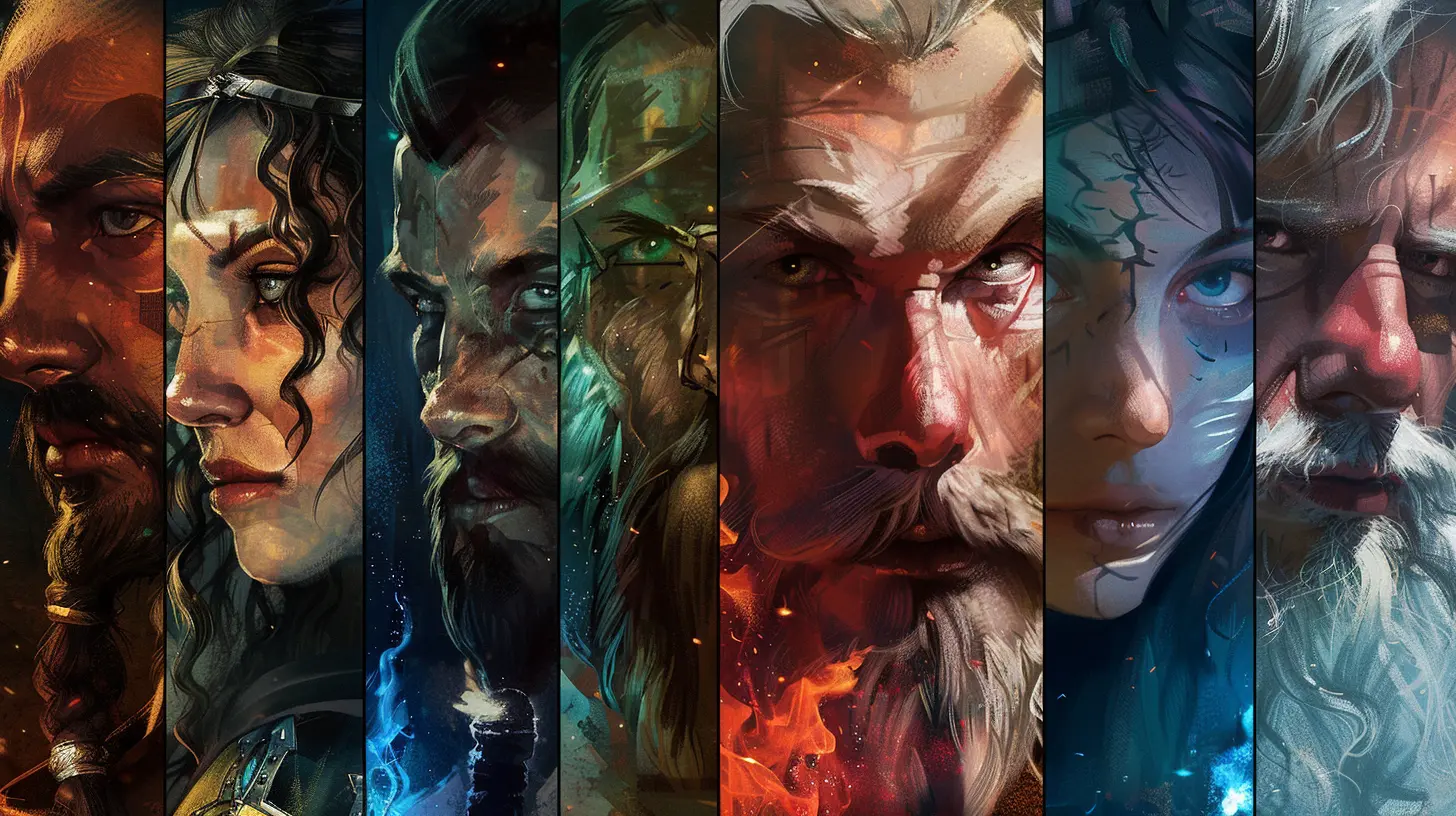
Steps to Finding The One (Voice Actor, Not Soulmate)
Alright, now that we’ve covered the "what," let’s get into the "how." Casting the perfect voice actor doesn’t happen overnight, but with a little effort, you can crush it.Step 1: Define Your Character Inside and Out
Before you even think about auditions, take a deep dive into your character’s psyche. What drives them? What scares them? Write down everything from their favorite food to their first heartbreak. Trust me, the more detailed you are, the easier it’ll be to find a voice that matches your vision.Step 2: Write a Killer Character Description
When you send out the casting call, don’t skimp on the details. Describe not just what the character looks like, but who they are. Instead of saying, “A strong warrior,” try something like, “A battle-hardened warrior with a gravelly voice that carries the weight of every fight they’ve ever been in.” Specificity is your best friend.Step 3: Listen for Chemistry
During auditions, close your eyes and listen. Can you see the character when you hear the voice? Do they feel like a natural fit, or does something feel off? Trust your gut—it’s usually right.Step 4: Test for Versatility
Throw a curveball during auditions. Ask the actor to perform a scene that isn’t in their usual wheelhouse—maybe an emotional breakdown or an intense argument. This will show you whether they can handle the full scope of your character’s journey.Step 5: Collaborate, Don’t Dictate
Once you’ve found your actor, don’t micromanage them. Voice actors are artists, too. Give them room to interpret the character and add their own flair. Sometimes their instincts can take a character to heights you never even imagined.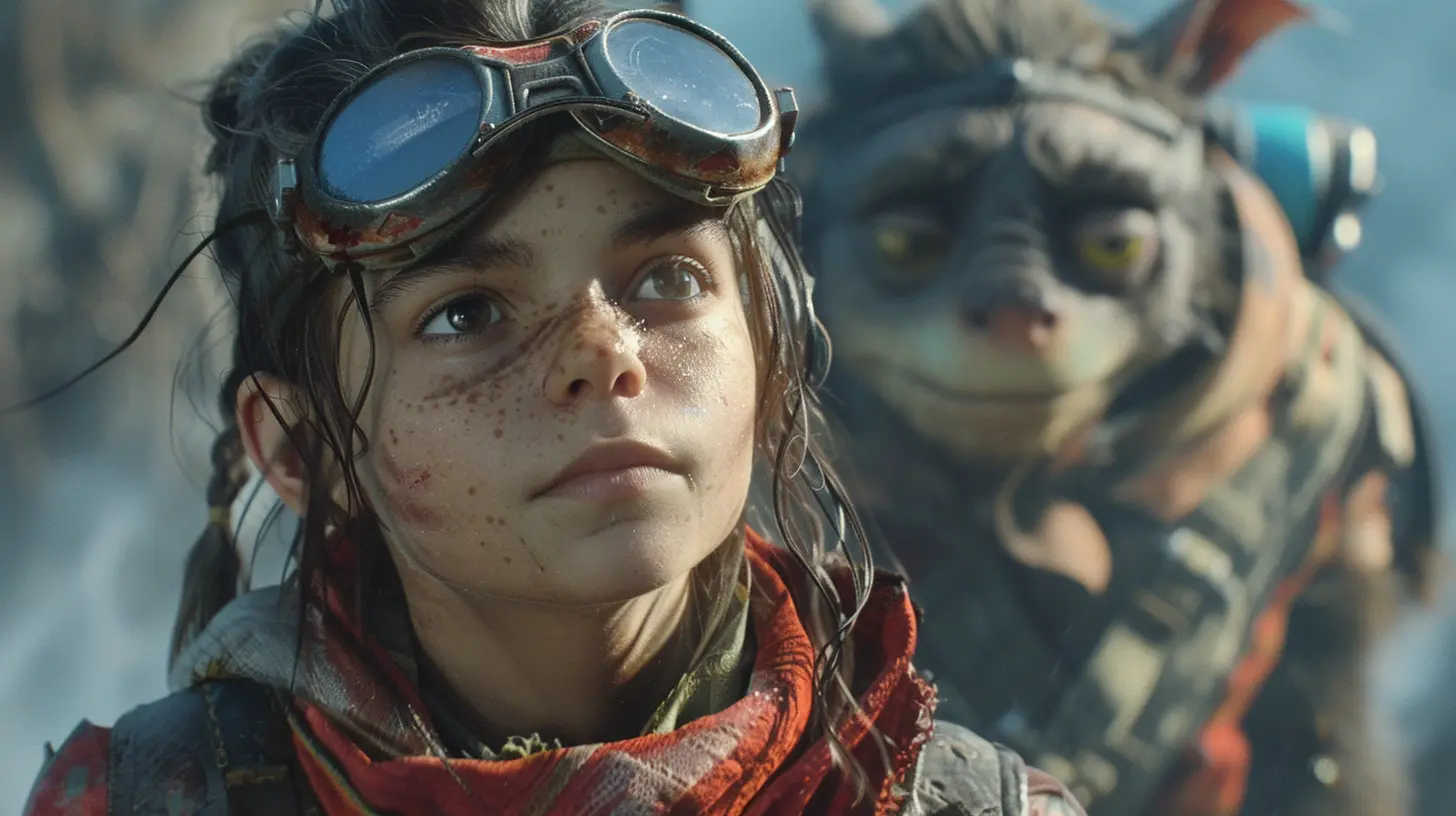
Common Pitfalls to Avoid
Even the best intentions can lead to disastrous casting if you’re not careful. Here are some mistakes to steer clear of:- Focusing Only on Famous Names: Sure, hiring a big-name actor might boost your project’s visibility, but if their voice doesn’t fit the character? It’s a waste. Prioritize talent over star power.
- Ignoring Cultural Nuance: If your character is from a specific cultural background, it’s crucial to get the details right. Casting someone who doesn’t understand or respect those nuances can come across as tone-deaf.
- Overloading the Dialogue: Even the best voice actor can struggle if the script is clunky. Write lines that flow naturally and give space for emotional beats.
The Magic of Voice and Audience Connection
When the right voice meets the right character, magic happens. Think of Darth Vader without James Earl Jones or Simba without Matthew Broderick. It’s unimaginable, isn’t it? That’s the level of connection you’re striving for—a voice that makes your audience forget there’s an actor behind it. They’re not listening to an actor anymore; they’re hearing your character speak.This connection can elevate your project from good to unforgettable. It’s the kind of magic that keeps fans talking about your story long after the credits roll.
Final Thoughts: It’s Worth the Effort
Casting the perfect voice actor might feel like searching for a needle in a haystack, but trust me, it’s worth it. The right voice can elevate your characters, immerse your audience, and turn a great story into an unforgettable experience.So take your time. Listen carefully. And when you find that voice that makes you go, “That’s the one,” you’ll know you’ve struck gold.
all images in this post were generated using AI tools
Category:
Voice Acting In GamesAuthor:

Tayla Warner
Discussion
rate this article
2 comments
Emmett McAleer
Great insights! Voice actors truly bring characters to life!
November 9, 2025 at 4:18 PM

Tayla Warner
Thank you! I'm glad you enjoyed the insights on the impact of voice actors in character development.
Sablethorn McIlroy
Great insights! Selecting the right voice actor truly elevates character authenticity and enhances player immersion. Keep up the excellent work!
August 5, 2025 at 2:56 PM

Tayla Warner
Thank you! I'm glad you found the insights valuable. Selecting the right voice actor is indeed crucial for character authenticity and player immersion.

